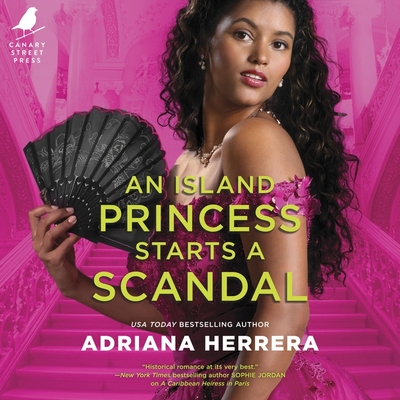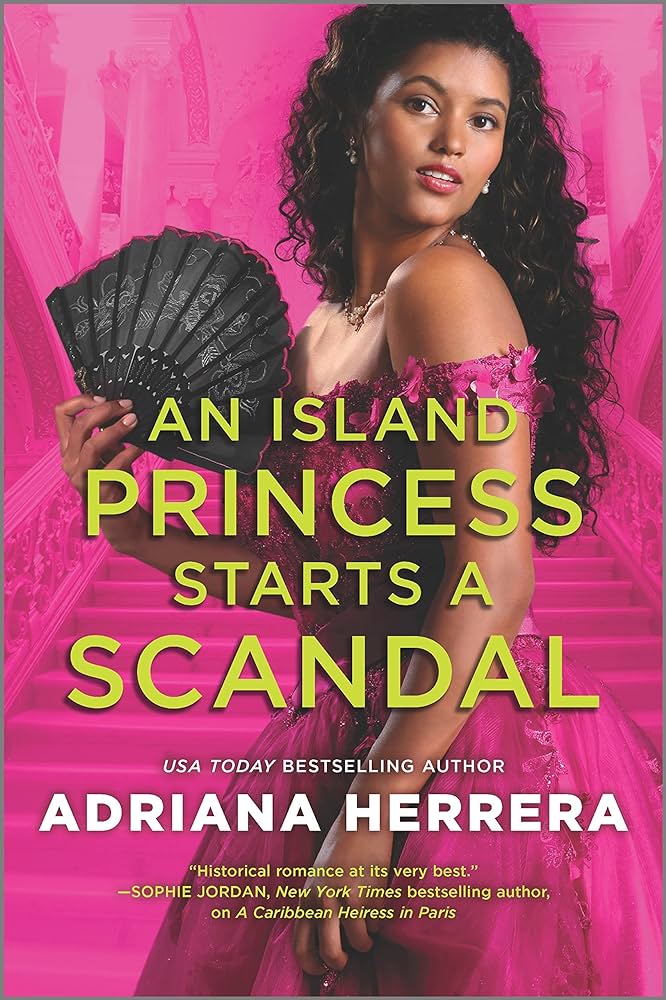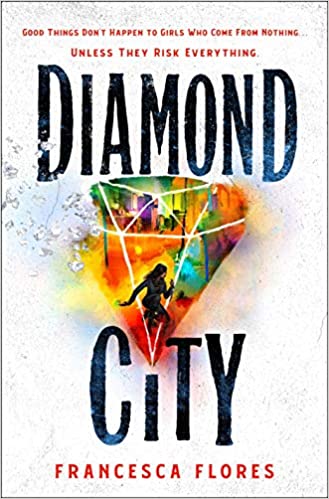Buy this from Bookshop.org to support local bookstores and the Lesbrary! Manuela del Carmen Caceres Galvan wants to experience a final lesbian hurrah in Paris before she has to marry a rich man for her family’s security. Cora Kempf Bristol, Duchess of Sundridge, wants to secure her place in the business world by negotiating aRead More
A Rivals to Lovers Soccer Romance: You Don’t Have a Shot by Racquel Marie
Buy this from Bookshop.org to support local bookstores and the Lesbrary! Racquel Marie’s You Don’t Have a Shot is a YA romance that centers around Valentina Castillo-Green, a high school soccer star whose life revolves around the sport. After an abrupt end to her junior year soccer season, Vale ends up at soccer camp, co-captaining a teamRead More
A Standing Ovation for Clap When You Land by Elizabeth Acevedo
Buy this from Bookshop.org to support local bookstores and the Lesbrary! “There is another girl / on this planet / who is my kin. / My father / lied to me / every day of my life. / [ . . . ] I want to put my fingers / against my sister’s cheek. /Read More
A Feminist, Latin American Vampire Gothic: Thirst by Marina Yuszczuk, translated by Heather Cleary
Buy this from Bookshop.org to support local bookstores and the Lesbrary! Recently translated into English, Marina Yuszczuk’s queer vampire novel, Thirst (Dutton, March 5, 2024), is partly what I’d hoped for in a vampire fiction, and at the same time, it was nothing like what I’d expected. Although it’s a Gothic, vampire novel on the surface, ThirstRead More
A Steamy Lesbian Historical Romance in France: An Island Princess Starts a Scandal by Adriana Herrera
Buy this from Bookshop.org to support local bookstores and the Lesbrary! “A person could live a lifetime in six weeks, Your Grace. Entire lives have been changed in less.” Picture this: it’s summer, your sunscreen is applied, and you’ve taken the day off to spend solo on the beach. You’ve already taken a dip inRead More
Queer F/F Rom-Com for National Hispanic Heritage Month: The Lesbiana’s Guide to Catholic School
Bookshop.org Affiliate Link The Lesbiana’s Guide to Catholic School had been on my reading list for way too long and I am so glad I finally opened it up to celebrate National Hispanic Heritage Month (September 15-October 15)! The sweet characters, nuanced coming-of-age and coming out story, and will-they-or-won’t-they first F/F romance had me hookedRead More
Meagan Kimberly reviews A Lot Like Adiós by Alexis Daria
Amazon Affiliate Link | Bookshop.org Affiliate Link Gabe and Michelle had been best friends since childhood. As they grew into teenagers, their feelings took a turn toward romantic, but before they did anything about it, Gabe left. Over 10 years later, Michelle works as a freelance marketing specialist in the Bronx and Gabe owns aRead More
7 Young Adult Sapphic Books With Latinx Representation
The sapphic spectrum runs far and wide, which is why it’s important to remember to add a little diversity to your reading list. You may have missed some of these spectacular reads as your never-ending TBR pile grows. Diamond City and Shadow City by Francesca Flores Two for one! The first book in the DiamondRead More
Shannon reviews Labyrinth Lost by Zoraida Cordova
Labyrinth Lost is the first book in Zoraida Cordova’s captivating young adult series entitled Brooklyn Brujas, and it’s one I didn’t expect to fall head over heals for. In 2019, I picked the book up, but couldn’t seem to concentrate on the story. I eventually put it down, deciding it just wasn’t the book forRead More
Meagan Kimberly reviews Her Body and Other Parties by Carmen Maria Machado
In this collection of short stories, Carmen Maria Machado does what skilled horror writers do best: she examines real-world beliefs through a lens that highlights that real horror isn’t monsters, but our own societies. This collection grapples with the trauma and horror women and women’s bodies are put through by a patriarchal society that wantsRead More


